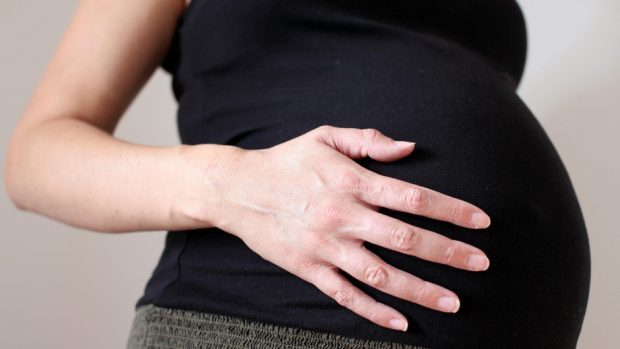Expectant mums who eat for two are not harming their babies in the long-term, according to new research.
Dr Sohinee Bhattacharya, a senior lecturer in obstetric epidemiology at Aberdeen University, led the first study exploring how mothers’ weight gain during pregnancy affects their grown-up children.
The results showed no links between piling on the pregnancy pounds and increased risk of premature death or heart problems in adult offspring.
Previous research reported that children born to mothers who were obese or overweight during pregnancy were at greater risk of death or heart-related health problems.
However, until now, no study has assessed the effects on heart attacks and mortality in adulthood.
The study – carried out in collaboration with the University of Edinburgh – used data from the pioneering Aberdeen Children of the 1950’s Birth Cohort, which started in 1962 when 15,000 primary age children signed up for a lifelong study of their health and habits.
Their stories have since proven to be invaluable records for science.
Children whose mothers’ weight gain during pregnancy was recorded were contacted.
The research also took into account the impact of lifestyle factors in the adults.
The study found that only cases of very extreme weight gain in pregnancy were associated with increased risk of cerebrovascular events in the offspring.
In these cases, adult health and lifestyle factors could mitigate the risk.
Dr Bhattacharya said: “These findings are quite startling because what they show is that there is basically no relationship between mother’s weight gain in pregnancy and heart disease, or premature death in adulthood.
“Only in very extreme cases, where the mother had an exceptionally high weight gain, we found a higher risk of stroke in the adult offspring.
“However once we took the adults’ lifestyle factors into account – such as BMI and smoking status – this difference disappeared.
“So this study provides a very important public health message.
“You can’t do very much about your mother’s weight gain in pregnancy, but if you lead a healthy life, you can mitigate any effects of this on your risk of having heart disease or dying prematurely.”










